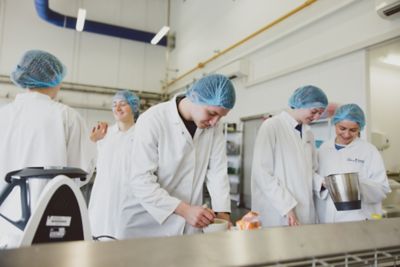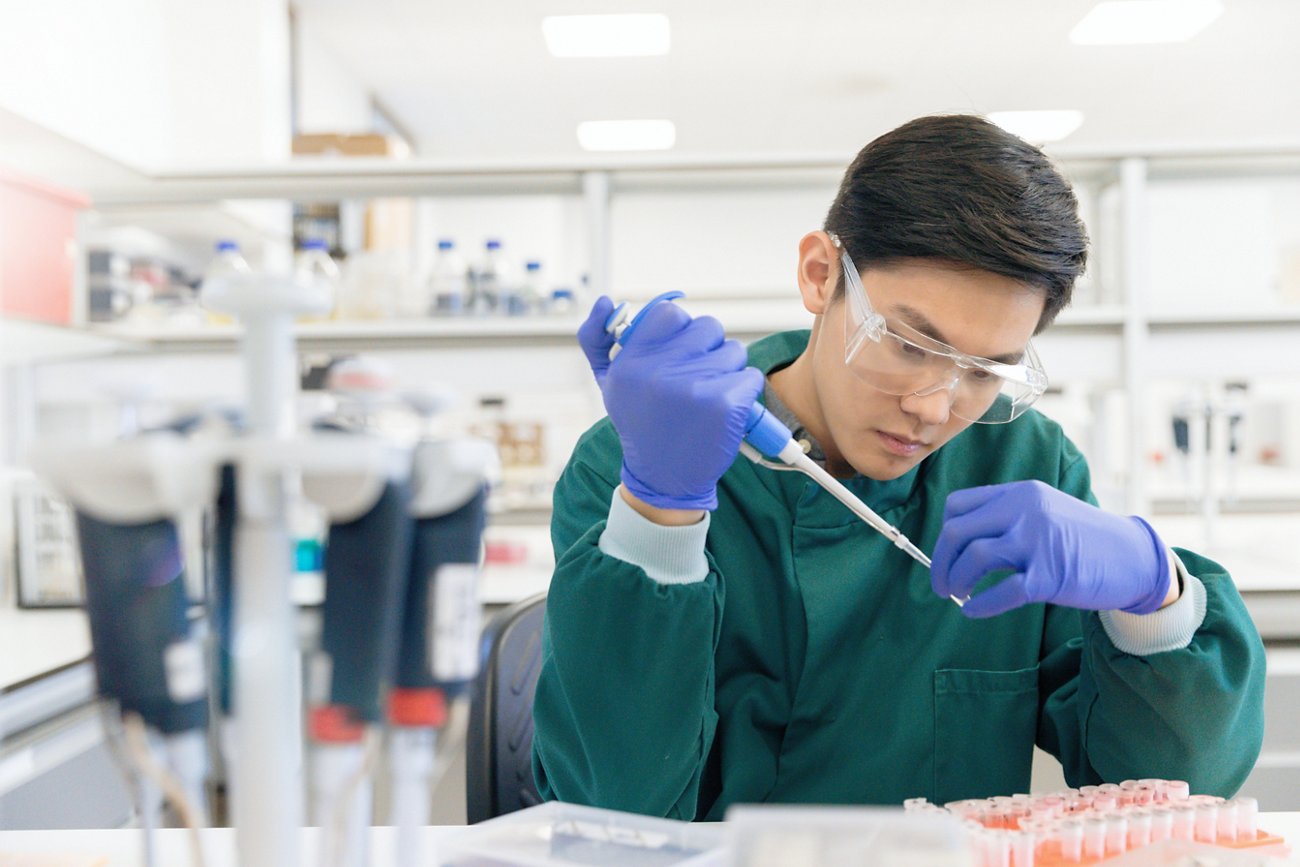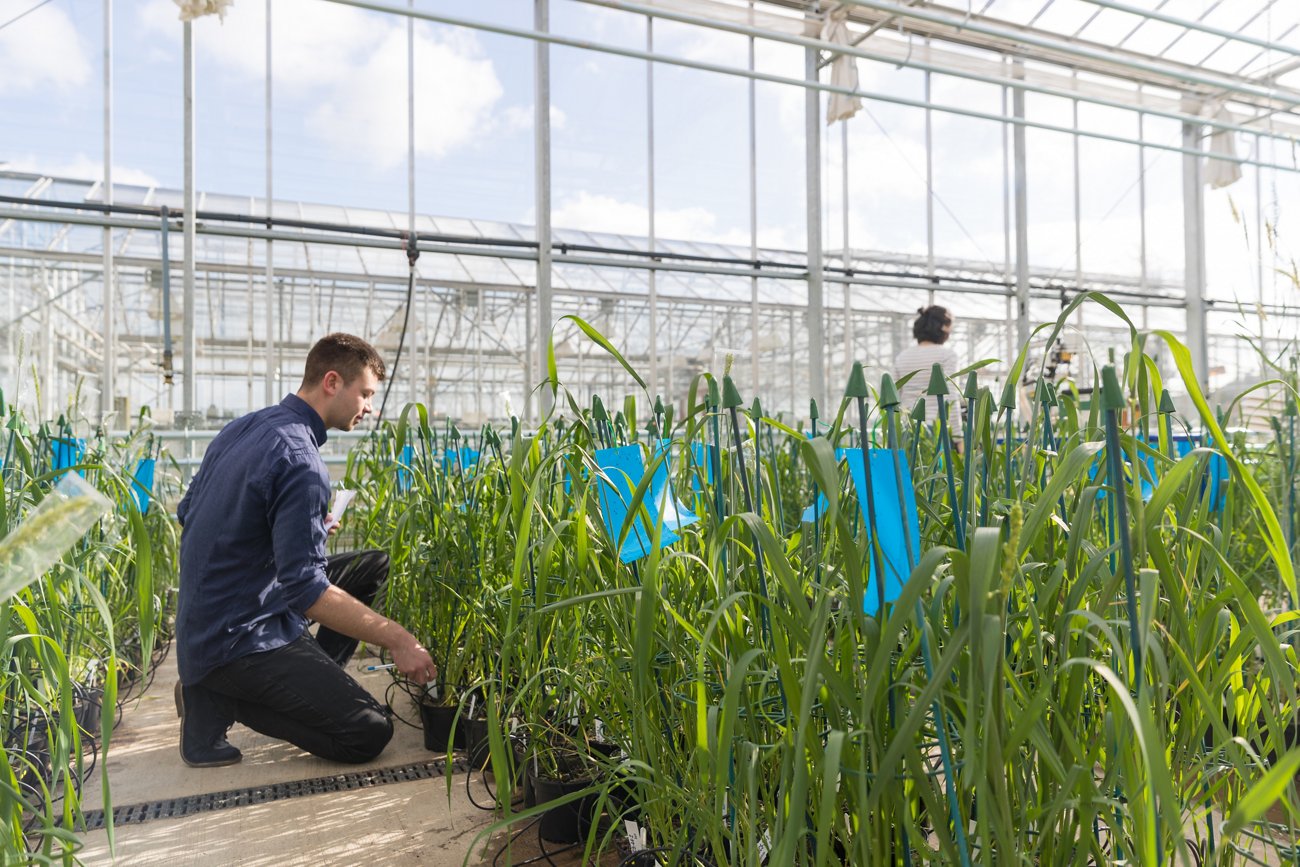
My favourite module is Fundamentals in Food Science and Nutrition, which is a compulsory module in your first year.
This module introduces us to key concepts in nutrition like the constituents that make up food, their functional properties and physiological impacts.
What I like about the module
This module is really interactive and there are lots of opportunities to work in groups and meet people from other courses. It’s also super diverse, every session is different which makes it impossible to get bored of.
Another thing that stands out to me is that you get a lot of individual feedback and help, which is the best way to develop your practical skills.
I remember in my first lecture, we were told that they’ve worked hard to make this module hands-on, interactive and practical to prepare us for real-life and not just answering exam questions. After completing the first term, I can absolutely see that this is the case. The skills and experience gained from this module will certainly benefit me in the near and far future.
What you can gain from the module
In this module, you are going to gain a whole range of transferable skills.
The main things you’ll develop are presentation and public speaking skills which will come in handy for the rest of your academic career. No matter what job you do in the future, the confidence and communication skills gained from this module will benefit you.
You will also have an opportunity to develop your teamwork skills in the practical lab sessions and a poster presentation that’s carried out in small groups. Group work is great for learning to communicate and working as a team, which will help in your career.
If you’re looking to work in a lab setting in the future, the practical lab sessions are a great opportunity to develop lab skills and build your confidence in the lab.
On top of all that, you will complete food hygiene training and receive a fully accredited level 2 Food Safety and Hygiene certificate which you can then put on your CV.
Teaching style and assessments
The teaching style for this module is varied. The information is delivered in a range of ways:
- in-person lectures
- special guest lectures
- workshops
- practical sessions
- self-directed-learning sessions in the form of pre-recorded videos
At the end of the module, you’ll write a lab report and share your findings in a poster presentation.
Why study at Nottingham?
This module is taught on Sutton Bonington campus which has loads of specialist facilities, like the Diet and Peter Buttery labs I mentioned before.
In one of the practical sessions in the first term, there is also a fun opportunity to analyse your body composition with specialised equipment.
What’s great is there’s a lot of research going on around campus and you get to hear first-hand from the people behind those projects. There are even plenty of opportunities to be a participant in nutrition-related studies led by some of the postgraduate students.



